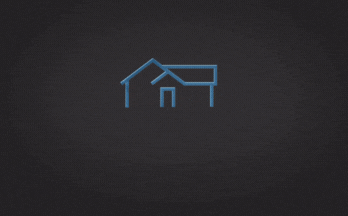
Reduce Your Interest Payments
Sophisticated investors watch rates very carefully. Even the wealthiest investors get irked when they have to pay a few more dollars in interest than is warranted. For them, it's a matter of pride.
Make interest rates an obsession. Remember, it's your money we're talking about here! Here are a few tips to get started.
Dealing with Multiple Loans
In spite of what the banks tell you, you don't need a car loan and an RRSP loan and a line of credit to cover your consumer debt. Multiple loans just complicate your life. It makes it harder for you to manage payments and to make sure you are getting the best interest rate.
A single source for all your debt simplifies your payment strategy, and can give you the lowest possible rate.
Getting the Best Possible Interest Rates for All Your Debts
People who lend you money need assurance that they will be paid back. The simplest way is to offer "collateral". Collateral will act as security against the loan, which reduces the lenders risk, and reduces your interest rate.
In the case of a home equity loan, the equity in your home is offered as a guarantee that the loan will be paid off. This security means less risk for us, and a better interest rate for you. In fact, a home equity loan is the best financing deal you can get and it's being used by a growing number of Canadians who are tired of paying high interest rates.
Remember - the rich get richer by leveraging their assets. Do the same by leveraging your home when you shop for credit.
Banks Don't Always Offer the Best Deals
There are specialty loan providers who buy from a variety of sources, and can offer you lower rates. Because your home makes you a safe risk, these loans can be arranged quickly and with little hassle.
Put Your Savings Account Balance to Better Use
One time worn practice of many Canadians is to keep $10,000 or so in a savings account for emergencies. This is a remnant of the ancient practice of keeping cash under a mattress. Actually, savings accounts don't pay much more than mattresses - maybe 3% if you're lucky.
Replace the cash under your mattress or sitting idle in a savings account, with an emergency account that's linked to a line of credit.
And then pay off a debt with your savings account balance - your $10,000 can be used to pay off your mortgage, or another debt where you're paying far more than the interest the bank is paying you.
Find out how you can reduce your interest payments by:
Web site content is for informational or illustrative purposes only and is not be considered or used as a substitute for professional financial advice from an accountant, lawyer or certified financial planner. Click here to view our full legal disclaimer.




 When you renovate your own home, you win twice - once when you enjoy the benefits of a better home, and once when you calculate your net worth.
When you renovate your own home, you win twice - once when you enjoy the benefits of a better home, and once when you calculate your net worth.


